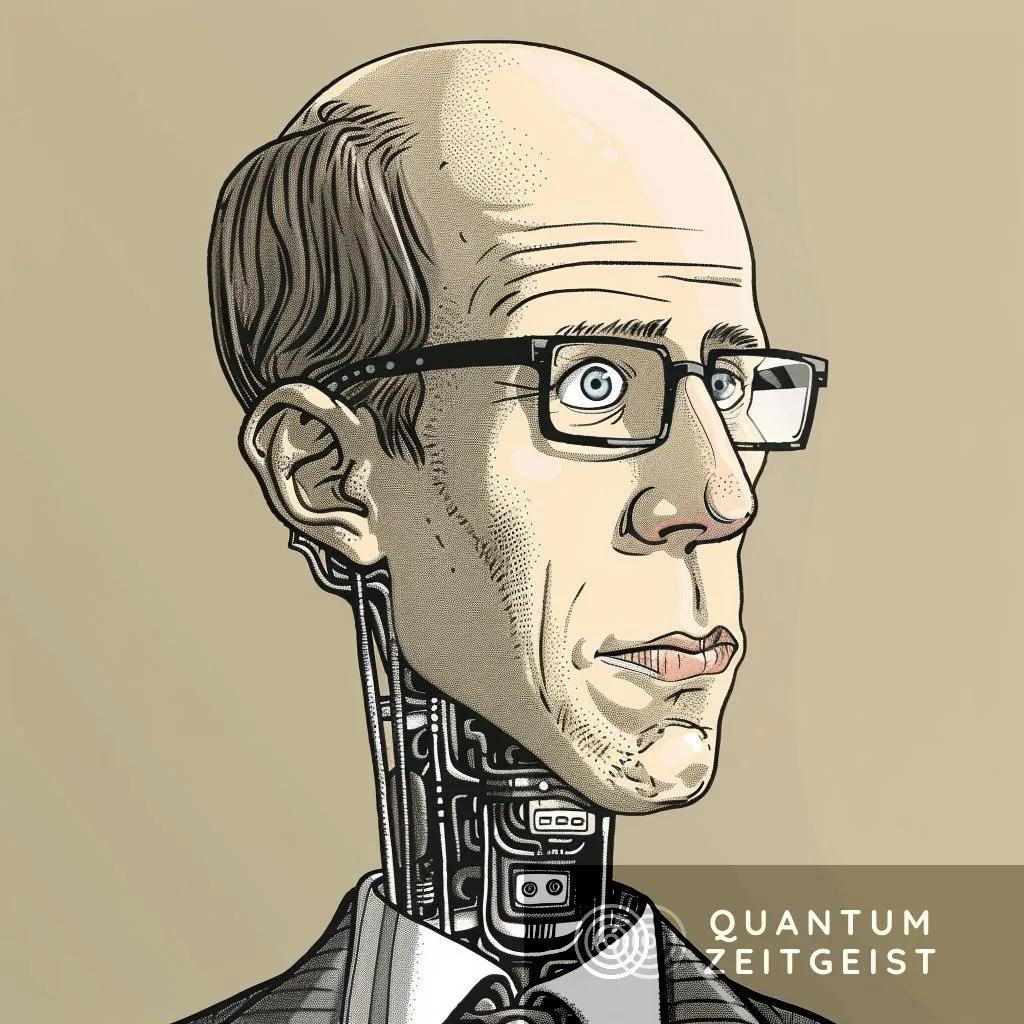According to a Guardian article, Oxford University has closed the Future of Humanity Institute, an academic center run by Swedish-born philosopher Nick Bostrom and backed by Elon Musk. The institute, which focused on long-termism and effective altruism, operated for 19 years. Musk had previously donated £1m to the institute for research into the threat of artificial intelligence. Bostrom, known for his writings on the potential threat of AI, resigned from Oxford following the institute’s closure.
The closure is seen as a blow to the movements Bostrom championed.
Closure of Oxford’s Future of Humanity Institute
Oxford University has recently closed the Future of Humanity Institute (FHI), an academic center dedicated to the study of long-termism and effective altruism. The institute, which was run by Swedish-born philosopher Nick Bostrom, had been in operation for 19 years. The closure follows a series of alleged controversies surrounding the institute and its founder.
The FHI was known for its research into the potential threats of artificial intelligence (AI). In 2015, Elon Musk, CEO of Tesla and SpaceX, donated £1m to the institute through a sister organization. Musk and other tech industry leaders like Sam Altman of OpenAI and Bill Gates of Microsoft had been vocal supporters of Bostrom’s work.
The closure of the FHI is seen as a significant setback for effective altruism and long-termism movements, both of which Bostrom had championed for decades. These philosophies have recently allegedly been embroiled in ‘scandals’.
In a final report published on the institute’s website, Bostrom praised the center’s work and unique intellectual culture. He also mentioned the institute’s administrative challenges from Oxford and its philosophy department, which he called “administrative headwinds” and “death by bureaucracy.”
Effective altruism, a philosophy that advocates for maximizing global good through focused efforts and resources, has gained significant attention in recent years. However, it has also been marred by controversies, including a multibillion-dollar fraud involving Sam Bankman-Fried, a former billionaire and founder of the FTX cryptocurrency exchange, who was one of the movement’s biggest backers.
Long-termism, another philosophy Bostrom supported, argues that humanity should primarily focus on long-term existential threats like AI and space travel. Critics argue that this approach disregards immediate problems like climate change and poverty and can lead to authoritarian ideas.
Bostrom’s apparent controversial views have also been a source of criticism. In one paper, it is alleged that he proposed a universally worn “freedom tag” that would use AI to constantly surveil individuals and report any suspicious activity to a police force. This idea has been criticized for its potential to infringe on individual freedoms.
Despite the controversies, Bostrom and the FHI had received significant financial support over the years, including a £13.3m donation 2018 from the Open Philanthropy Project, a non-profit backed by Facebook co-founder Dustin Moskovitz.
In a statement, an Oxford University spokesperson said that the decision to close the FHI was made after considering the best structures for conducting academic research. The university acknowledged the institute’s contributions to the emerging field of long-termism and effective altruism, suggesting that researchers elsewhere are likely to continue this work.
Nick Bostrom: The Mind Behind Simulation Theory
Unquestionably, Bostrom is one of the brightest minds in the UK. He’s developed “Simulation Theory” into a concept that has hit the mainstream with his seminal work on understanding whether we live in a simulation, much as Elon Musk believes. But his work is coming into its own as we face new technological landscapes we humans have not yet navigated. ChatGPT, like OpenAI, could be followed by AGI or Artificial General Intelligence.
Simulation Theory gained prominence with the work of philosopher Nick Bostrom. In his 2003 paper, “Are You Living in a Computer Simulation?“. It has also been popularised by David Chalmers’s “The Matrix as Metaphysics.”. Additionally, Donald Hoffman has written extensively on simulation theory. The great thing is you can now read more from each of these authors, as they have accessible books written on simulation theory without needing to delve into intractable academic papers.
AI has become one of our generation’s most talked about technologies, potentially impacting the entire planet. Has the UK and Oxford, in particular, just lost one of their most generational important thinkers, at the most vital time?
External Link: Click Here For More

